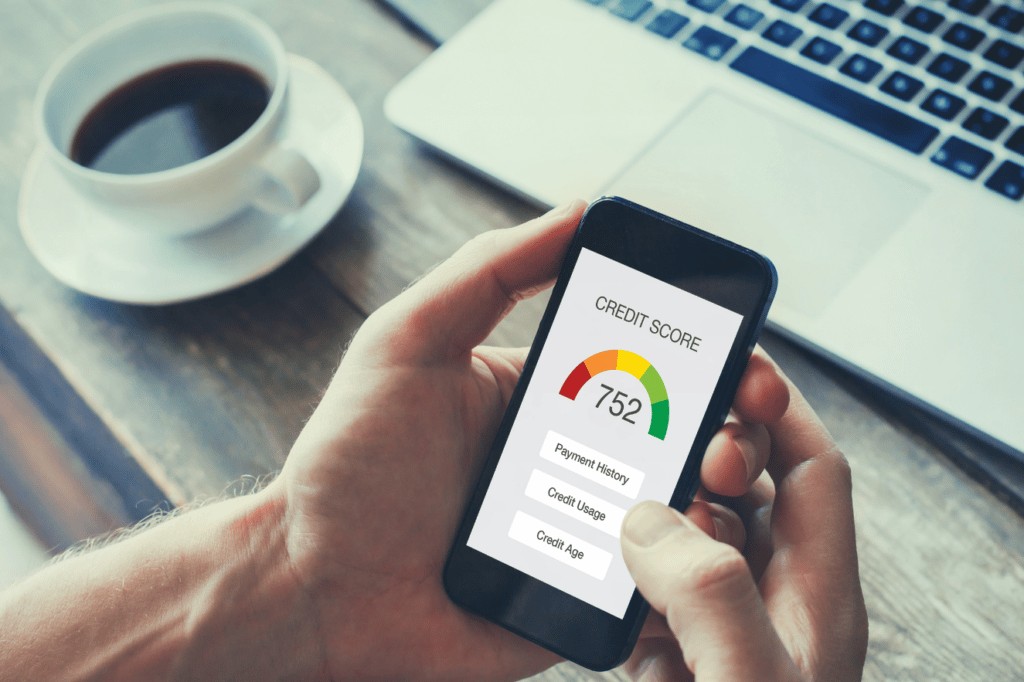Yes, bankruptcies are recorded on your credit report. Depending on the type of bankruptcy case, it can remain on your report for at least seven years. If you filed a Chapter 7 bankruptcy in Florida, which involved liquidating your non-exempt assets, then it can even remain on your report for up to 10 years.
Although filing for bankruptcy in Florida will certainly have an impact on your credit, many people wait too long to file bankruptcy, and their credit has already been negatively impacted for years. In some situations, the sooner you file bankruptcy, the sooner you can start rebuilding your financial situation and improving your credit score.
How Does Bankruptcy Appear on My Credit Report?
The public record of a Chapter 7 bankruptcy will appear as a separate item on your credit report. However, there are some other indicators of bankruptcy that will appear, even if you did not file Chapter 7 bankruptcy.
For example, if you discharge tax liens, judgments, or collections from third parties, the fact you discharged them—in full or even just partially—will be noted. If you have a tradeline of credit, it will often include a notation that states that the “account was included in bankruptcy,” or something similar.
In either case, it will be clear to potential creditors and others that you filed bankruptcy. However, they might not be able to tell which kind you used or when it occurred. There are certainly other ways to get this information, but it may not be readily apparent from your credit report.
Keep in mind that these accounts do not disappear from your credit report when you file bankruptcy; they will gradually fall off in that seven to 10-year period, as noted above.
Does That Mean I Will Have Poor Credit for 7 to 10 Years?
Not necessarily. When you file bankruptcy, your score will likely drop immediately. On average, you can expect to lose at least 140 points on your score. However, if your score was higher before you filed, then you will likely see a bigger drop.
Filing bankruptcy does not affect everyone’s credit score the same way. The amount of debt that you discharge and which type of bankruptcy you use will affect how many points you will lose.
Although your score will drop, it does not have to stay there. You can take steps to improve your score immediately after you complete the bankruptcy process. Being wise with your money and managing your credit accounts will help you gradually rebuild your score. It will take time and patience, but it can be done.
To rebuild your credit, you may want to:
- Ensure your credit card balances stay below 30 percent of the available credit limit
- Make on-time payments for all of your debts
- Add new credit, such as a secure credit card or small installment loan, and make regular, on-time payments













